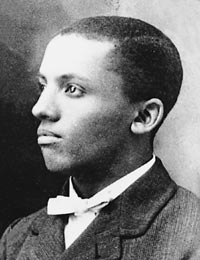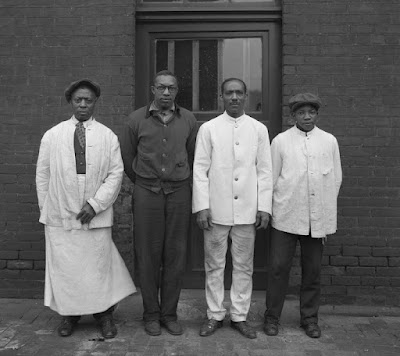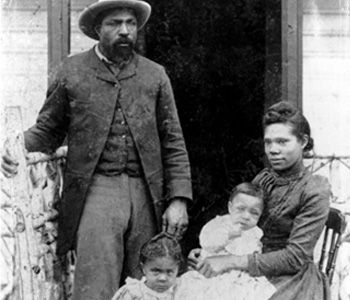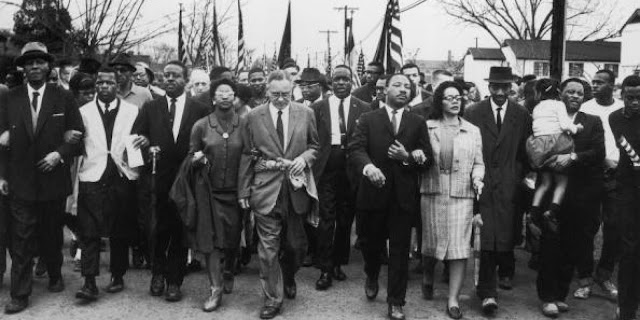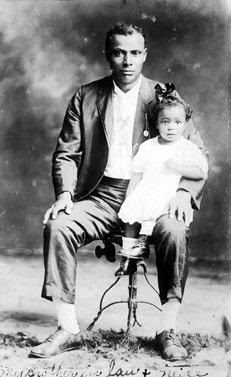African American Inventors - Top African American Inventors
Hello boys and girls follow along with me as I read African American Inventors by Jim Hoskins illustrated by Eri Velasquez an award-winning illustrator introduction inventors create new things their inventions solve problems or make life better in some way throughout our history African Americans have invented many important things John Lee love received a patent for a pencil sharpener in 1887 pause for a moment and think about what the word invented means Garrett Morgan received a patent for an early type of traffic signal on November 20th 1923 John Purdy and James sad guar patented a folding chair in 1889 Benjamin Banneker Benjamin Banneker was born on a farm in Maryland in 1731 at that time Maryland was one of 13 British colonies in North America most African American people in the colonies were enslaved but Benjamin's
 |
| African American Inventors |
Parents were free because Benjamin was born to a free family he could go to school Benjamin went to his school to a local school for boys he was so good at math that he soon knew more than his teacher after he finished his education Benjamin worked on the family farm Benjamin's life changed when he was 20 years old he met a man who owned a pocket watch the watch had been made in Europe Benjamin was so interested in the watch that the man let him keep it Benjamin studied the watch its parts and the way it was made he decided to make his own clock out of wood it was the first clock ever made in North America Benjamin used his clock to measure the movements of the stars he used math to figure out the positions of the stars Sun Moon and planets years later he wrote an almanac an almanac is a book that lists the positions of the
Sun Moon and planets for every day of the year Benjamin wrote a new Almanac every year for six years people read it to find out when the Sun and Moon would rise and set they'd read it to find out how the weather would change each season many farmers used Benjamin's almanacs so they would know when to plant their crops he was as famous for his almanacs as he was for his clock Sarah eat well we know quite a bit about Benjamin Banneker we know very little about Sarah eat good what we do know is that she was the first african-american woman to receive a patent for an invention a patent is a legal paper it is given out by the United States government in Washington DC a person who invents something can get a patent to prove that he or she was the first to have it made no one else can
Say they invented that same thing Sarah was born in a southern state in 1850 she was born into slavery when slavery ended Sarah was a teenager she was able to go to school once she was free after she received her education Sarah moved to Chicago Illinois Sarah must have been smart and hard-working by the time she was 35 years old she owned her own business Sarah Goode was the owner of a furniture store many African American people were moving from southern states to northern states in the 1870s and 1880s they moved into apartment houses sometimes many people slept in one room this was because many people did not have enough money to rent their own rooms Sarah had the idea of making a bed that could fit in a small space it could fold up during the day and unfold at night she worked out a design then,
she Made a model pause for a moment and think about what the word design means Sarah called her invention a cabinet bed when it was folded up it could be used as a desk there was even a place for keeping pens and paper Sarah did not want anyone else to copy her invention she made sure of that by getting a patent we do not know how many cabinet beds Sarah made we do know that her idea is still helpful for people folding beds are still in use today pause for a moment and try to compare and contrast compare Benjamin Banneker x' and Sarah goods inventions how do they help people how are they the same and how were they different okay let's move on Washington Carver George Washington Carver was born in Missouri about 1861 like Sarah good he was born into slavery his family was enslaved by a couple named Carver George was raised
 |
| African American Inventors |
By Mr. And Mrs. Carver George loved the Carver farm with all of its plants and animals he planted his own garden so he knew so much about plants that people called him the plant doctor George wanted to go to school to learn more about plants slavery was over so he was free to leave the Carver farm it took him 20 years to get enough education and save enough money to enter College George went to college in Iowa he was the first African American student at the school he studied farming and learned even more about plants when he graduated he became a teacher George taught at Tuskegee Institute in Alabama it was a college for African American people he studied plants at the college George told farmers that peanuts and sweet potatoes were good crops to grow he found that he could make 118 different
Products from the sweet potato these included soap coffee and glue pause for a moment and think about what the word products means George learned that he could do even more with peanuts he made over 300 different products from peanuts some of these were peanut butter ice cream paper ink shaving cream and shampoo George only received three patents for the products he invented he believed that most of them should belong to everyone Patricia Beth, MD Patricia Bath was born more than 75 years after George Washington Carver Patricia was born in in northern state she grew up in the New York City neighborhood of Harlem like George Washington Carver she was still young when she began to study living things her special interest was human diseases after high school she got a job helping people who studied cancer in
College Patricia studied chemistry when she went to medical school then excuse me then she went to medical school she decided to study eye diseases she wanted to find out how to remove cataracts cataracts are like clouds on the lens of the eye they make everything look cloudy Patricia Patricia designed an instrument for moving cataracts it gives off a powerful beam of light that breaks up the cataract then it can be removed okay pause for a moment think about what the words instrument and powerful mean in 1988 Patricia received a patent for the instrument she invented she was the first African American woman to get a patent for a medical invention since then she has invented other AI instruments her work has allowed many people to see again pause for a moment
And think about what the word aloud means okay let's try one more time to compare and contrast compare an contrast Patricia bath and Geore Washington Carver what do they h ve in common and how are their lives different okay let's continue inventors change the world the stories of these for inventors show how african-american inventors have helped make life better for all Americans throughout history Benjamin Banneker helped people keep time and know the positions of the stars and planets Sarah Goode made furniture for people to use in small homes George Washington Carver made hundreds of products from sweet
potatoes and peanuts dr. Patricia bath invented a cure for one kind of blindness the world is better because of their work meet the author Jim Haskins has written more than 100 books many of his books are about African Americans and great things they have done some are about the history and culture of Africa Jim has always loved to read and learn about famous people he says I did not have any favorite childhood authors but mostly enjoyed reading the Encyclopedia Britannica and world book volumes A through Z.
tags:
African American Inventors
Top African American Inventors
Top African American Inventors












